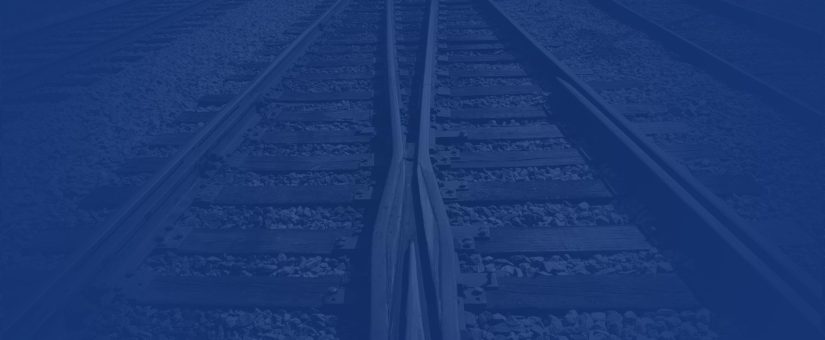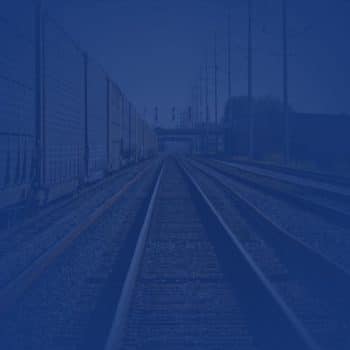
At Long Last OSHA Issues Final Rule Exempting Workers From OSHA Regulations
- On September 17, 2020
By: Janet Gilbert
On Monday, September 14, 2020, OSHA issued a Final Rule, effective November, 16, 2020, exempting most railroad construction from OSHA’s construction crane regulations. These changes have been sought by the rail industry for over 10 years and eliminate confusion between OSHA regulations and FRA regulations.
The new OSHA rules exempt cranes and operators from OSHA regulations to the extent the equipment falls under the FRA definition of Roadway Maintenance Machine (RRM) found in 49 CFR 214.7. These changes basically exempt work involved in the construction of railroad tracks and supporting structures, such as installing railroad ties or ballast or work used to build road beds, laying track, and installing railroad signals and signs.
The new rules do not exempt other types of construction activities that may be related to railroads but is not directly involved with the construction of tracks and track beds, such as the construction of buildings, retaining walls, or fences controlled by railroads – in essence work that would not be specifically covered by FRA regulations. Thus, for example, the exemption would apply to railroad bridge construction subject to subpart B of 49 CFR part 214, but not to the use of cranes to construct a highway bridge over railroad track to the extent the FRA lacks authority to regulate that activity. OSHA’s crane standard, including its requirements for operator training, certification, and evaluation, would apply in full to the latter. Also, bear in mind the prior rules had already exempted certain railroad activity and those exemptions remain in place.
For more information, please contact Janet Gilbert at JGilbert@fletcher-sippel.com.




